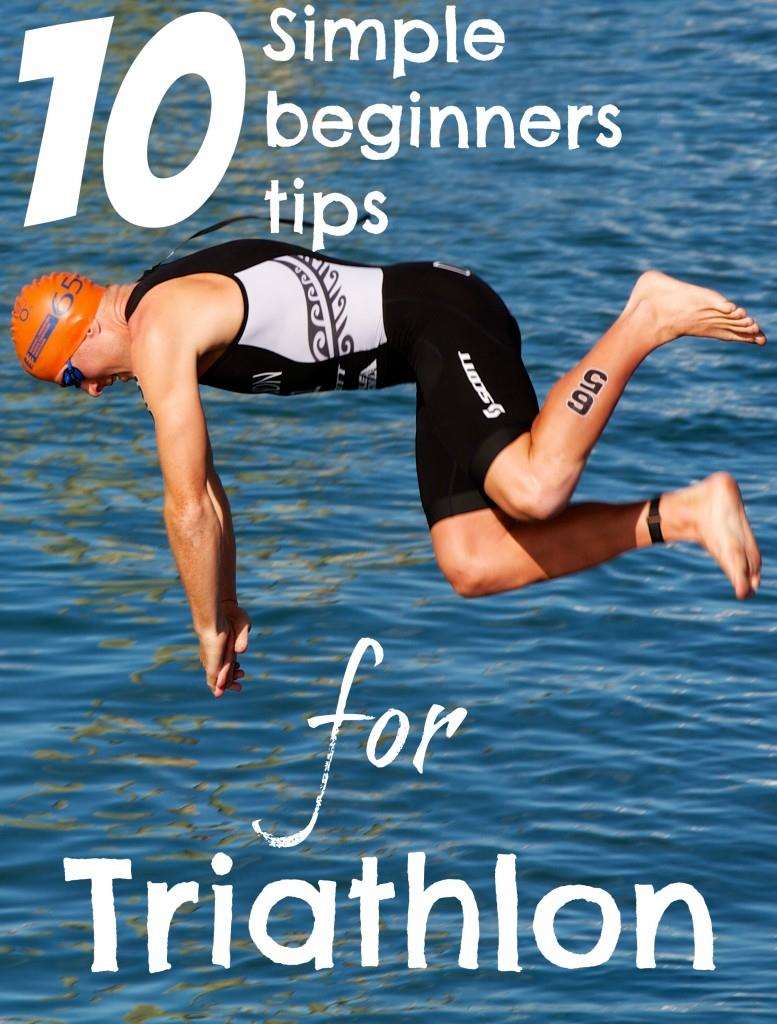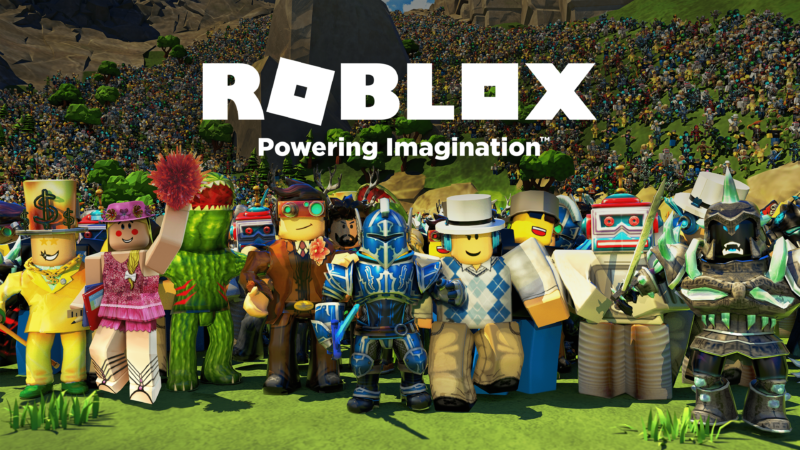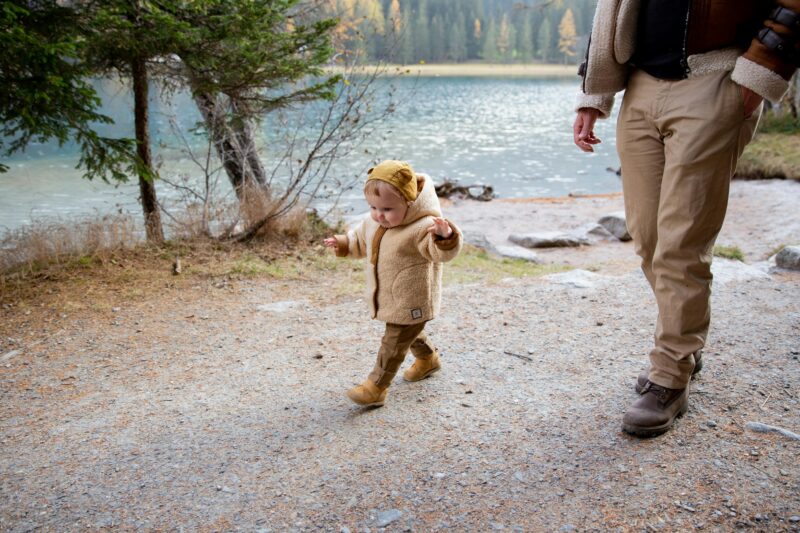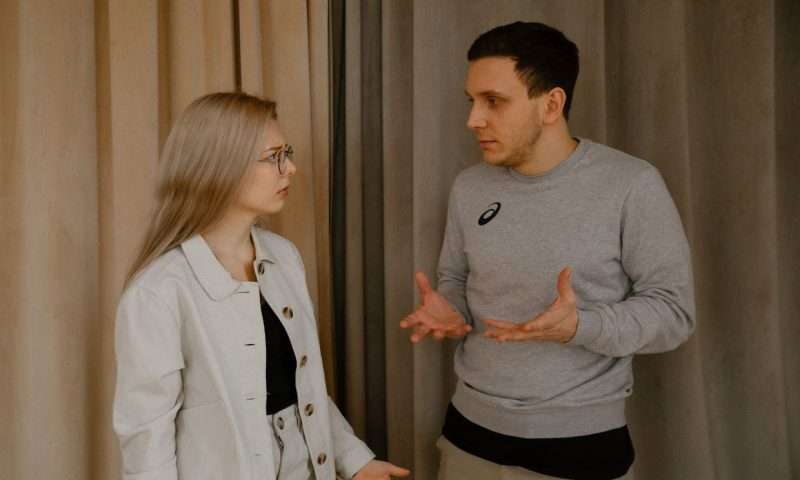Have you ever thought about competing in Triathlon? Maybe these beginners tips for triathlon will help!
Competing in your first Triathlon needn’t be a daunting experience. Do some essential planning and a bit of research and you will enjoy what should be a great experience and hopefully lead to many more.
These essential tips come from a real life perspective. I have competed in various triathlon distances for 12 years, coached others and carefully balanced two kids, two jobs whilst training for an Ironman long distance Triathlon.
1) Set SMART goals – the road to achieving something epic can be a discouraging prospect. To make the long term goal more manageable both physically and emotionally, always plan shorter goals along the way. These manageable chunks serve to act as stepping stones. For example if your long term goal is to compete in an Olympic distance Triathlon, short term goals along the way could be to swim for a mile, to cycle for 2 hours, and to complete a long distance cycle followed by a 10K.
Make sure all goals are SMART;
Specific to what you are trying to achieve (How will you do it, What do you need to help you, Where will you achieve it)
Measurable – How will you measure your success, what will change from the start to the finish.
Achievable – Is the goal actually something within the realms of possibility for you, can you physically achieve it?
Realistic – Will the goal fit into your lifestyle, ie; can you balance it with family or other important commitments.
Time Based – when will you aim to achieve the goal by? – 3 months?, 1 year?
It helps to tell people your goals, there’s nothing like the threat of public failure to keep you pushing on, posting on social media will help with this.
2) Go online – the internet can provide additional support and research. A simple Google search will reveal thousands of sites to help someone get started in Triathlon. To give you a decent starting point, below are a selection of keys sites to get your teeth into:
* http://www.jbst.com – Joe Beer is a top Triathlon coach with an excellent site which provides plenty of training tips for beginners and experts alike.
* http://www.220triathlon.com/training/training-plans/ – The UKs longest running Triathlon magazine has excellent contributors who produce excellent content, kit reviews, race reviews, tips and training programs.
* http://www.tritalk.co.uk/ – the UKs leading forum for triathletes provides a wealth of advice and experience from a huge community of helpful contributors.
3) Join a club – The club network in the UK is now vast, there is bound to be one nearby, always friendly and ready to accept new members. They cater for all ages and abilities and will provide a surefire way to develop you as an individual. You can choose to take as much or as little from the experience, whether you immerse yourself in the social side, the club organisation or just the training. If you choose not to join a club, always aim to compete in your local club run triathlon. These smaller events are always well supported and organised, supporting them ensures the grass roots of this great sport will continue to grow.
For a comprehensive list of all Triathlon Clubs in the UK please visit:
* https://www.britishtriathlon.org/clubs/index.php
4) Preparation is key – With 3 sports in one, it’s inevitable that you will have more to organise. Make sure you constantly do your P’s – Proper Preparation Prevents Pretty Poor Performance…, or get it wrong and learn from your mistakes. Throughout my career I been let down by a multitude of equipment and logistical failings which could easily have been prevented with more care and attention. A loose seat post ruined one race, forgotten inner tubes put paid to a ‘personal best’ , and mixing up my pre and post race bags nearly helped me to miss an Ironman which I’d trained two years for.
5) Raise money for a charity – quite simply helping others can help you. There is no better motivation to push you on through the tough times that you will experience during training or on race day itself than the realisation that you are letting others down. Keep pushing on, and achieve something for others aswell as yourself.
6) Don’t become a kit junkie to soon – Ok, so the big pull of a new sport is getting new kit, but initially your focus should be directed at the experience rather than at the stuff. Triathlon came be a very expensive sport to compete in but it certainly needn’t be. My first triathlon back in 1999 was on my old trusty mountain bike in shorts and t-shirt, I still remember the joy at furiously pedalling past those on bikes costing as much as a good second hand car.
Many kit suppliers now hire equipment such as bikes or wetsuits for a race season or specific race:
http://www.triuk.com/products/tri-uk/tri-uk-bike-hire#.VR8SuWOVC18 – for bike hire
http://www.wetsuithire.co.uk/ – as the name suggests for wetsuit hire
7) Nutrition – as the old adage goes; “you are what your eat”, whether taking part competitively or just get to the finish line you need to eat right, especially whilst training and on race day . Always use the same training nutrition (bars/gels) during training as you would on race day.
8) Buy a Heart Rate Monitor – and undertand how to use it to help you train smart. A basic model to begin with is fine, one that has stopwatch and the ability to add in training zones. Below are two example of good entry level Heart Rate Monitors:
* http://www.decathlon.co.uk/onrhythm-310-hrm-access-id_8246343.html
Research heart rate zones and get used to using them, getting used to how the body feels at different exertion levels. Always ensure that you use the monitor as an additional tool to your training not as a necessity.
9) Be transition savvy – the key process that’s sets triathlons apart from more sedate sports is the transition, as it suggests this is the changeover time between the three different disciplines of swim, bike and run. Those at the top of the sport will aim to reduce this to a minimum; races can be won or lost at this crucial stage. As a beginner don’t get hung on the speed, ensuring you are comfortable and ready for the next stage is key. If you would rather run in socks to avoid blisters or cant bear to cycle in wet gear then spending a few seconds extra in transition is a no brainer.
10) Smile and enjoy it – when it comes down to the crunch, you decided to do this. Its unlikely that triathlon will pay the bills (well not at this early stage at least), so you need to realistically balance your life. Always remember those around you, your family and friends and keep sight of everything else that is important.
Be great to hear your starting out stories, or feel free to add your own tips, thanks for reading and good luck.















